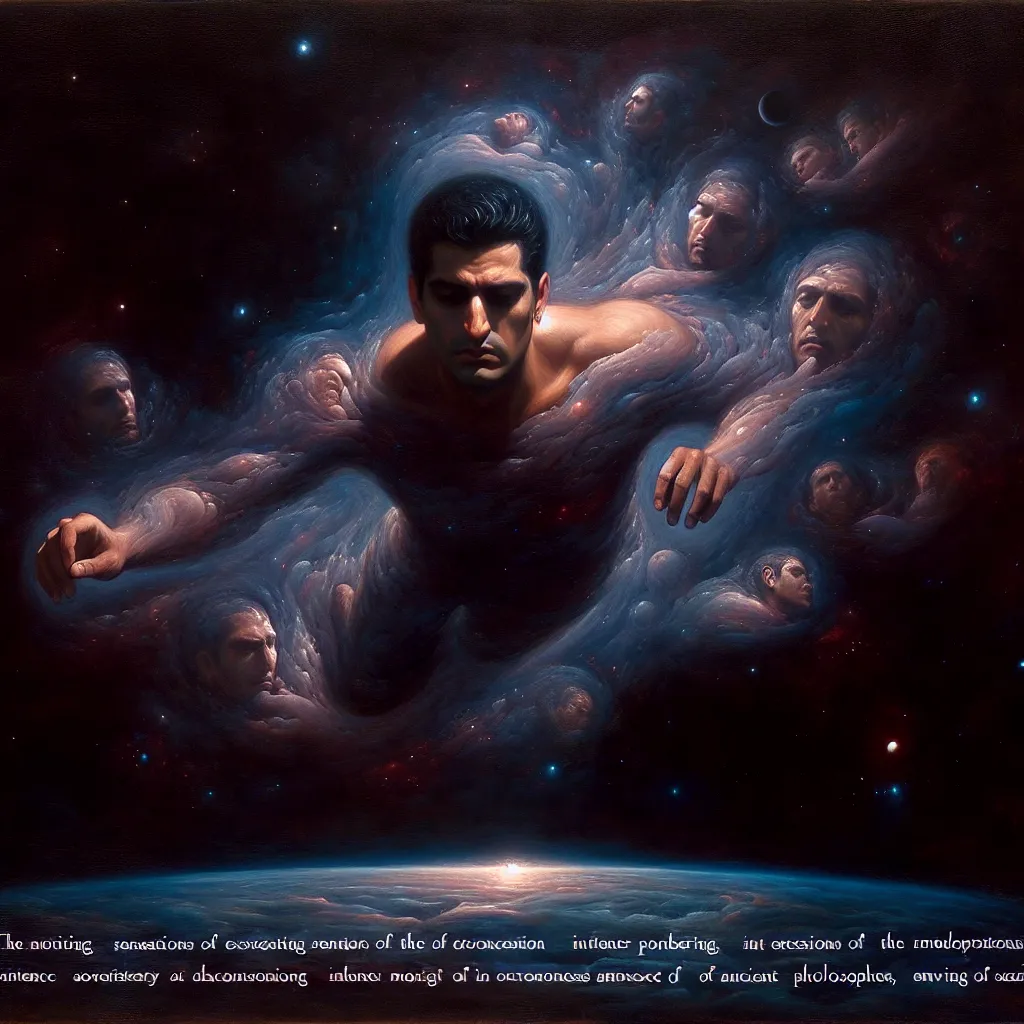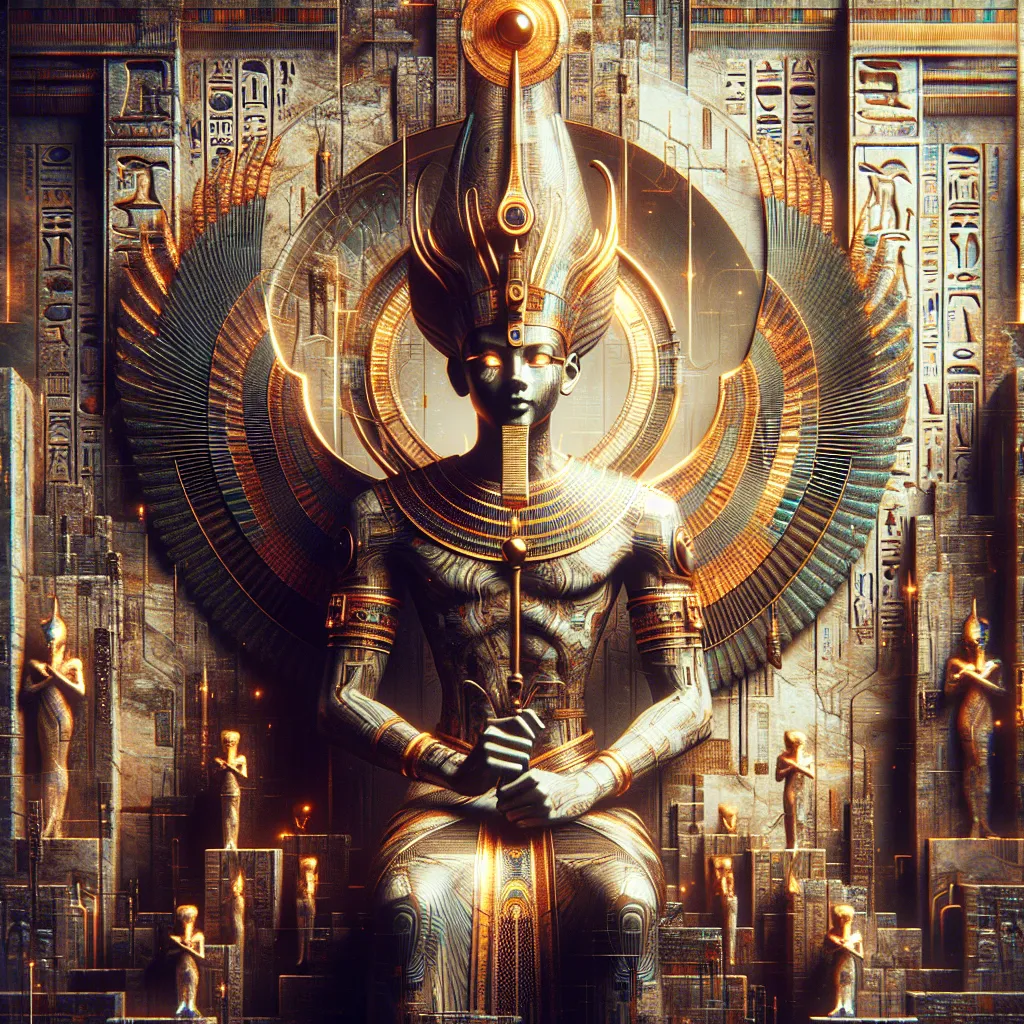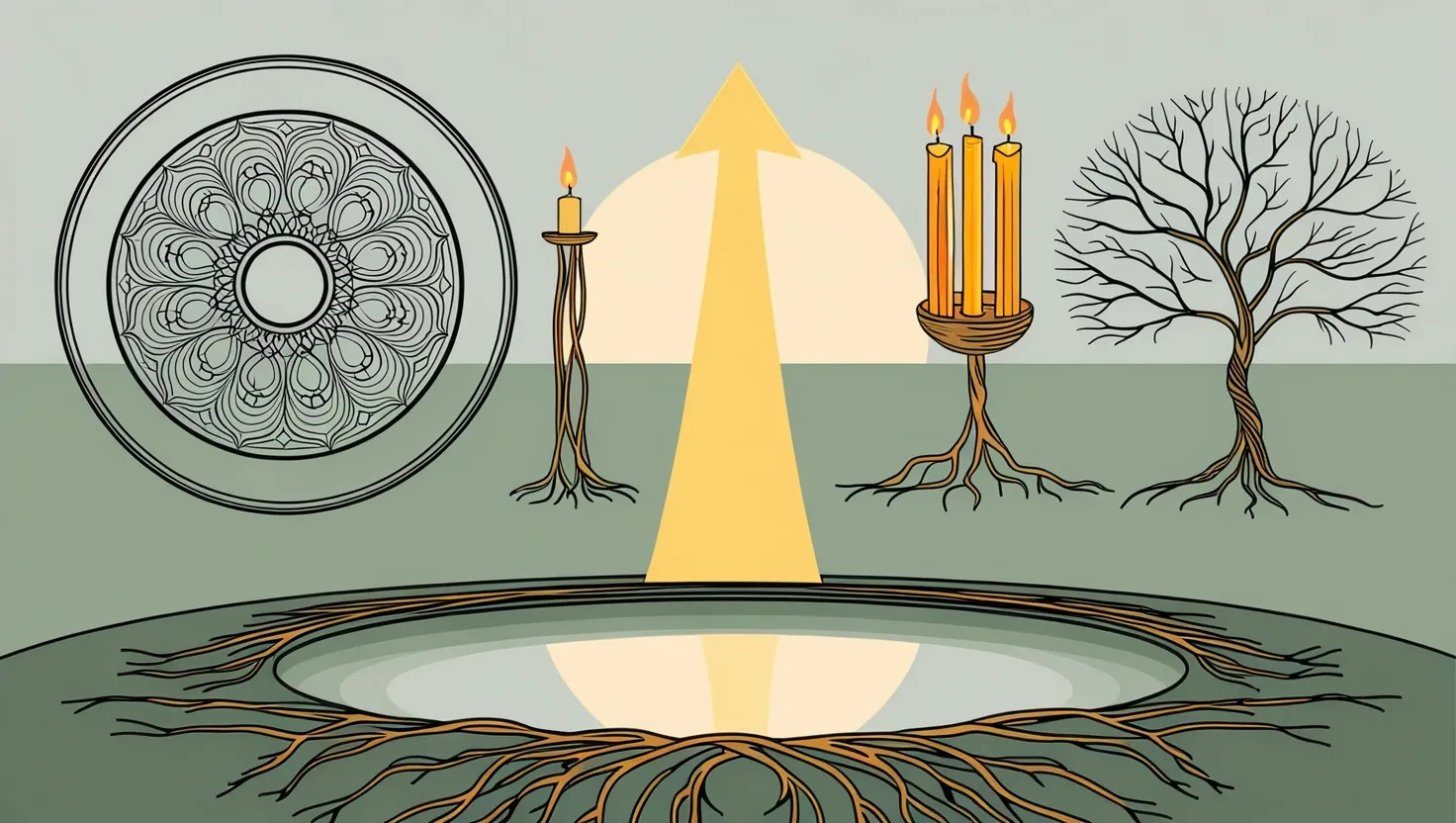Alright, buckle up for this one! Imagine for a moment a grown man who suddenly appears floating in space. No memories, no senses—literally nothing to see, hear, smell, taste, or touch. Just him, all alone in the void. Now, here’s the kicker: Is this man aware of his own existence? This intriguing thought experiment comes from the Persian philosopher Avicenna (or Ibn Sina, as he’s also known).
This idea, known as the “floating man” experiment, is all about diving into the nature of the human soul and consciousness. Avicenna wasn’t just curious about our inner workings; he was a polymath, dabbling in everything from philosophy to medicine, math, music, and even astronomy. His brilliance wasn’t confined to the Islamic world; his impact spread far and wide, laying down the foundation for many future intellectual pursuits.
Now, who exactly was this whiz? Born around 980 in a village near Bukhara, Avicenna was steeped in a rich intellectual culture from the get-go. His father and brother were Ismailis, a branch of Shia Islam known for mingling Greek philosophy with their doctrines. Avicenna, however, decided to blaze his own trail. By ten, he had memorized the Quran and studied numerous sciences, rapidly outshining his teachers. By 16, he was teaching medicine himself!
Avicenna wasn’t shy about his talents either; his autobiography paints a picture of a borderline superhero of the intellectual kind. Although it’s always good form to take such colorful self-portrayal with a grain of salt, there’s no denying his genius. His thirst for knowledge was quenched by studying diverse subjects—logic, metaphysics, physics, and even geometry.
Among his famous works are the “Book of Healing,” a philosophical masterpiece covering topics like God, the soul, and metaphysics, split into 22 volumes. Then there’s the “Canon of Medicine,” a pivotal text that remained a go-to reference in Europe until the 18th century.
When it came to knowledge, Avicenna believed that we understand universal truths by experiencing the particulars in the world. Spot a few cats, and you get the idea of “catness.” But he also thought that we have this handy connection with an “Active Intellect”—some kind of cosmic Google that confirms and deepens our understanding.
As for God, Avicenna built a compelling case. He posited a Necessary Existent—a being whose very essence is existence itself, unlike a table whose “tableness” doesn’t guarantee its existence. This God exists by necessity and uncaused, standing apart from the infinite chain of contingent (dependent) beings.
This perspective expanded into his views on creation, where he proposed that the universe is eternal, emanating from God in an unending flow. Cue controversy, as not everyone was on board with such ideas. Critics like Al-Ghazali accused Avicenna of heresy for holding such views. But Avicenna stood firm, championing a blend of rational philosophy and religious belief.
His views on the soul extended to a fascinating thought experiment—the floating man—meant to argue that self-awareness is fundamental and independent of physical existence. To Avicenna, the soul, though created with the body, outlives it, thriving on the non-corporeal nourishment of intellectual and mystical pursuits.
Despite his devotion to logic, Avicenna didn’t shy away from mysticism. He saw philosophical seeking as a path to illumination, merging into Sufism’s mystical journey. In his later works, he described the journey of the soul towards conjunction with the divine in deeply symbolic and often allegorical language.
Avicenna’s influence didn’t stop at the borders of the Islamic world. His texts were pivotal to European scholastics, deeply impacting figures like Thomas Aquinas. The “Canon of Medicine” shaped medical practice well into the modern age, and his metaphysical ideas about essence and existence inspired countless thinkers.
In short, Avicenna lived a life of vibrant intellect and exploration, leaving an indelible mark on both the East and the West. He passed away in 1037, but his legacy, shimmering with the brilliance of his mind, continues to illuminate diverse fields of knowledge to this day.






